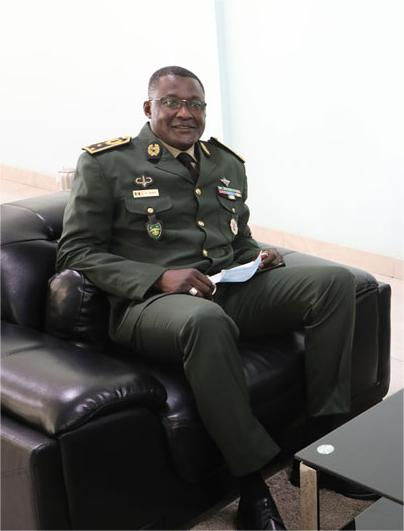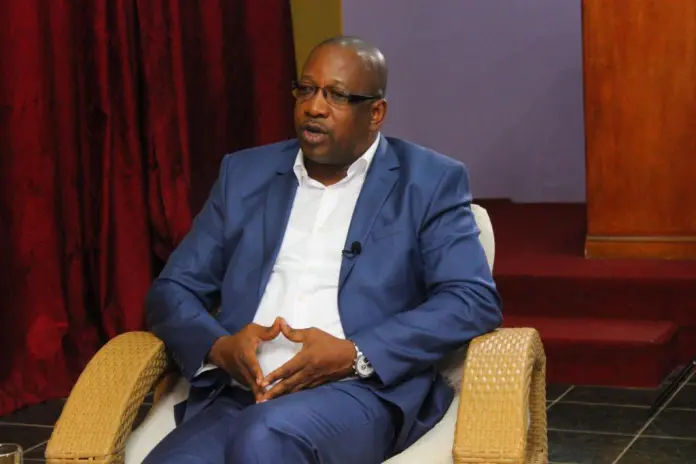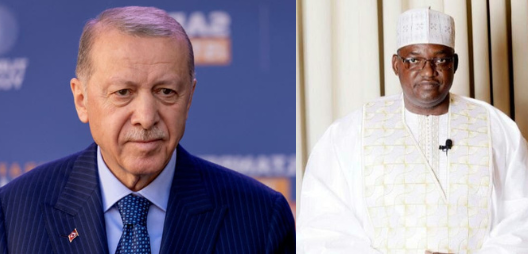
Sanna Camara
The main bane of their impatience stems from the fact that President Barrow acted, in what they described as “insensitive” to them, in appointing several members of former regime’s officials in high government positions in the government. They also accused the government of taking no action against those adversely mentioned by the TRRC to have violated the rights of Gambians to be sent home from government.
Over the weekend, the Africa Network Against Extrajudicial Killings and Enforced Disappearances (ANEKED) convened a meeting at its offices, at the victims’ Memory House in Kanifing. Some hundred victims from various regions of The Gambia converged there to discuss mutual issues regarding the TRRC outcomes, and the much talked-about Victims Reparation Bill 2023. Also present were representatives of the Ministry of Justice and victims-led civil society organisations.
“For us, hopes are already dashed,” said Awa Njie, a representative from the North Bank Region and widow of the late Lt. Dot Faal of the Gambia National Army. Her late husband and Fafa Nyang were young officers of the army who were accused of taking part in a plot to overthrow Yahya Jammeh’s military ruling council on 11 November 1994. Several witnesses disclosed to the TRRC how these men were arrested without resistance, tortured executed in cold blood by then Lt. Sana Sabally and Lt. Edward Singateh allegedly on orders of Yahya Jammeh. Dot Faal left behind young kids and a single mum to bring them up.
“For 22 years, we had waited for justice for our husband and father. We were promised that 2017 will bring such a justice. We waited for the establishment of a truth commission that took two years of deliberations. That report was out, and all that was required was government action on the recommendations. Now, you are telling us to wait for another five years? When shall we ever get justice in this country?” she asked with a chorus of agreement went across crowd.
A representative of the Ministry of Justice Ms Saffie Nyang had earlier given a rundown of the state of the country’s transitional justice process, which had an implementation plan for both reparations and prosecutions among other components. “Government had just presented a comprehensive plan to the TRRC implementations, that gave timelines for each of the planned activities and the budget required. Donors are committing funds to this and we ask for patience while this is on,” she told them.
However, for the widow and many other victims present, so many of their colleagues in the struggle for justice are succumbing to death. They have been waiting for long periods of time and have not lived long to witness the justice promised to the victims since 2017. “Instead, we have only witnessed the perpetrators either walking free or being rewarded with jobs in government. That only intensifies our suffering,” she cried.
She wasn’t alone in this frustration. For Mr Abdoulie Bojang of Jambur, whose son was among those gunned down by security forces on April 10, 2000 student demonstration, said what they are experiencing in The Gambia is worse than what took place in South Africa and Sierra Leone – countries often cited by speakers as examples. “In Sierra Leone, they never appointed enablers of the former regime to government positions. Neither was it done in South Africa. This is blatant disregard to the suffering of the victims. It is also insensitive and sends the wrong signal to us about the seriousness of the government to justice and accountability after Jammeh,” Mr Bojang said.
Ms Nyang of the Ministry of Justice said it is understandable for the victims to feel in such a way. That it has been a long journey but that measures are being taken by her ministry in the best interest of the victims, learning from experiences of other countries where such took place.
“For the Ministry of Justice, we are indeed committed to the implementation, especially after the donor conference… Remember that there are over 200 recommendations made by the TRRC hence a plan for implementation is crucial for both an effective coordination by government, and supervision or tracking by the victims, CSOs and the public,” she said.
The MOJ representative also said enacting certain laws through the national assembly is necessary for the government to base its decisions and policies on law.
“We also want to pass a banning law through the National Assembly so that when the government is sued on legal grounds, there is a law to back it, and not just a policy or directive. Imagine sending all of these officials home, just to be told by the courts that there is no legal basis for it? That will be more heart breaking for the victims and that is what we are trying to avoid,” she said.



